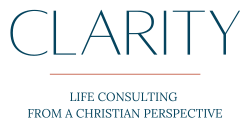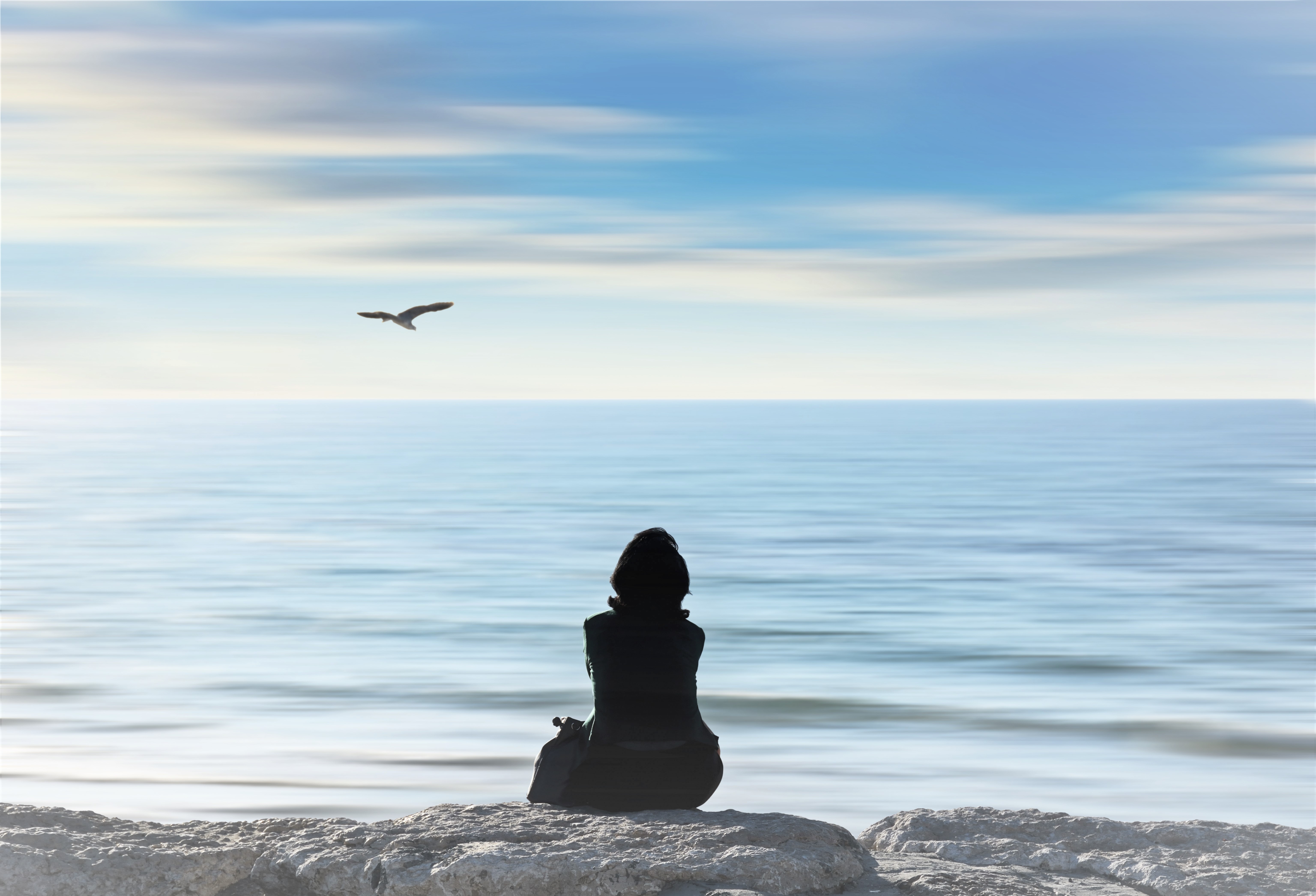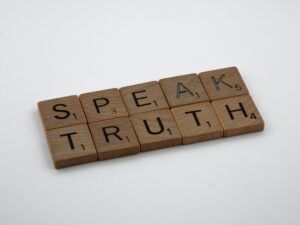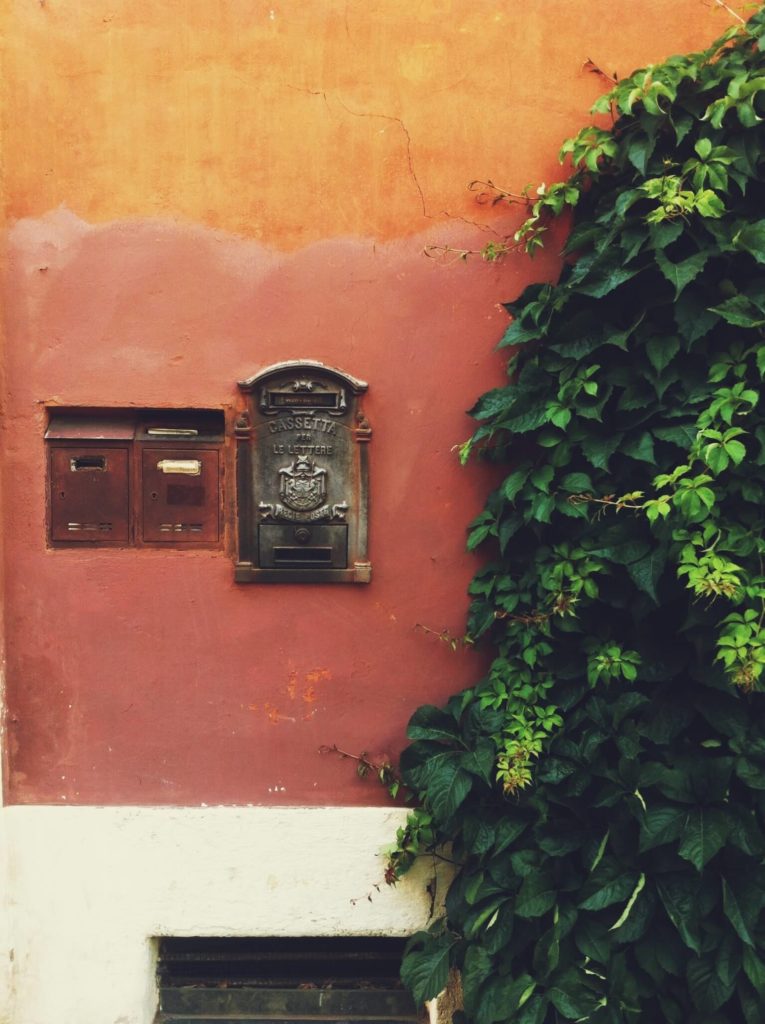Photo Courtesy of Unsplash
There are a lot of things I wish I had known in my 20s: the rather unflattering nature of khaki trousers; the importance of sleep; the gift of maintaining a size 8 whilst eating Taco Bell and frozen pizza; the joy of consuming actual fresh vegetables. But right at the top of that list? Myself. I wish I had known myself better.
It would have saved me a lot of anxiety, tears, and guilt about things over which I had no control, and empowered me to take joy, be confident, and grow into many things over which I did.
“Know Thyself.” This ancient maxim, written on the temple of Apollo in Delphi, and used by several of the ancient Greek philosophers, remains one of the wisest pieces of advice handed down through the ages. (It is also one of the most difficult.)
Why is it so important to know yourself?
If you don’t know yourself, how can you understand what is or isn’t changeable? Most of us want to change in some way—but are we honest about whether or not that’s realistic? If I’ve never enjoyed performing in front of others, hate memorising speeches, and can’t carry a tune, it’s highly unlikely I’m going to make it – or enjoy – being a musical actor or actress.
If you don’t know yourself, how do you know which way you want to grow? Perhaps you want to become more artistic. Should you sign up for a beginner, intermediate, or advanced level painting class? If you don’t really know yourself, you can’t grow in the right direction.
If you don’t know yourself, how do you avoid constant comparison? That woman might have a clean house, a job she loves, and great outfits. If you know yourself, you can rest in the awareness that you suffer with chronic fatigue, need a job that isn’t taxing, and hate shopping.
If you don’t know yourself, how can you take advice from others? Your extrovert friend might be telling you that you need to “put yourself out there more” – and she might even be right. But does that mean five nights a week or one afternoon on the weekend?
If you don’t know yourself, how do you know which virtues you really need to work on and which vices you really need to watch out for? Generosity might coincide with some of your natural talents. You might think you’re doing pretty well being a generous person. People might commend you on your generosity. But when is the last time you practiced, say, temperance? Or patience?
If you don’t know yourself, how do you know how God speaks to you? Are you like Moses, encountering a burning bush? Like Elijah who heard the still small voice? Or like Paul, who got knocked to the ground?
Knowing yourself may not be easy, but it’s worth the effort. Both growth and acceptance start with it.
How has knowing yourself made a difference in your life?






